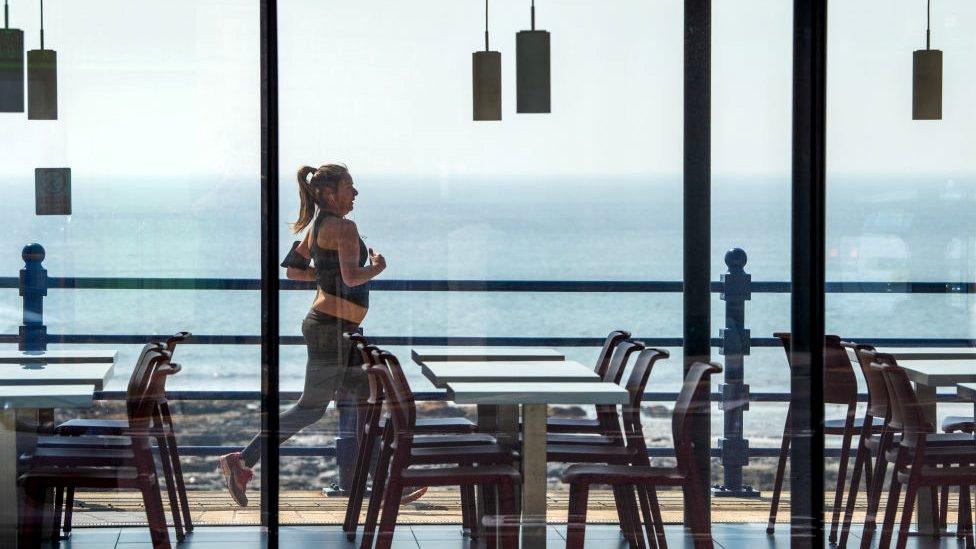Coronavirus: When is it hypocritical to clap for carers?
- Published
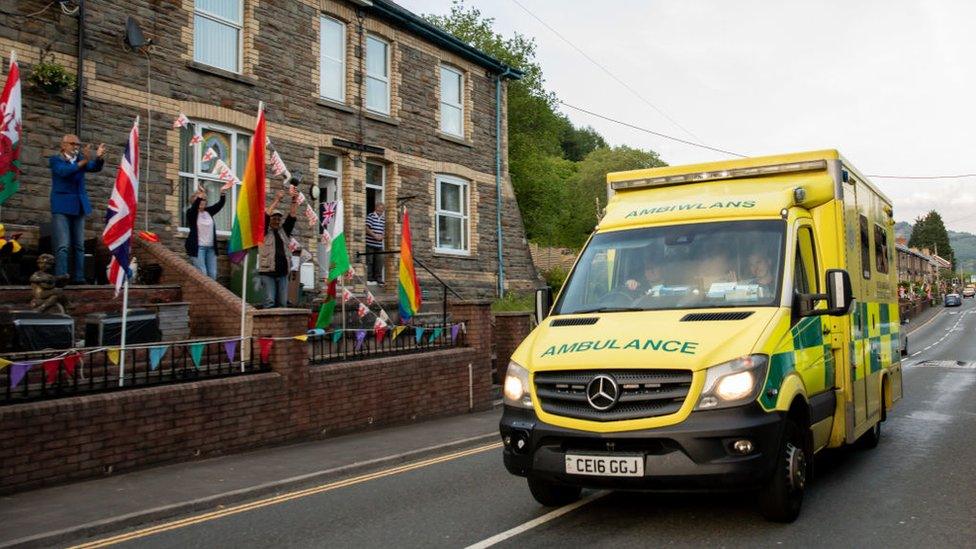
The clap for carers event is in its eighth week - but is it right for everyone to clap?
Clapping for our carers and other key workers has become a rite of passage for many of us - a way of showing our appreciation for front-line workers risking their lives to keep us safe.
But Thursday's event, the eighth since the lockdown started, is the first since some NHS staff said they felt "stabbed in the back" by people breaking lockdown guidelines to hold VE Day street parties.
An intensive care doctor said the parties she witnessed put emergency staff lives at risk and increased the possibility of a second wave of coronavirus cases.
So, is it hypocritical of people who broke the the rules on Friday to applaud those same carers on Thursday?
According to experts on ethics, it is not necessarily hypocrisy - although it could be considered selfish.
Dr Paddy McQueen, who teaches philosophy at Swansea University, said a key feature of hypocrisy was pretending "to be something they are not or believe something they do not believe".
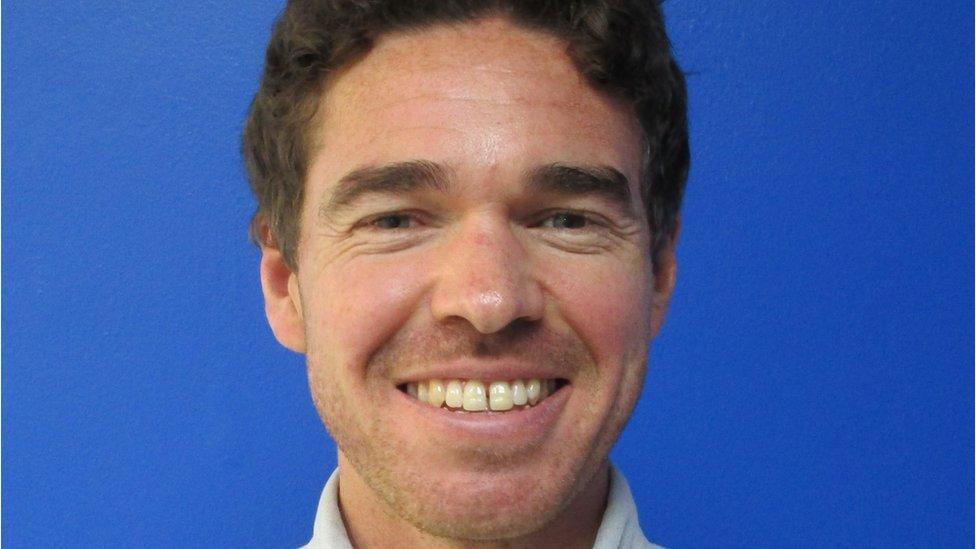
Ethicist Paddy McQueen says people are more likely to fail to see the consequences of their actions than be hypocrites
"My hunch is that quite a few people who clap for carers and the NHS, while also failing to observe social-distancing measures, do have genuine admiration and appreciation for them," he explained.
"Thus, they are not pretending to admire or support the NHS. Rather, they might fail to make the logical connections between their behaviour and the impact it has on the NHS."
What might come close to hypocrisy, Dr McQueen added, is if someone believes people should be observing social distancing, but makes excuses for failing to observe it themselves.
He calls this the "what I do won't make a difference" attitude, but says it is "morally dubious" rather than hypocritical.
Another ethicist agreed it does not constitute hypocrisy, but is "selfish".
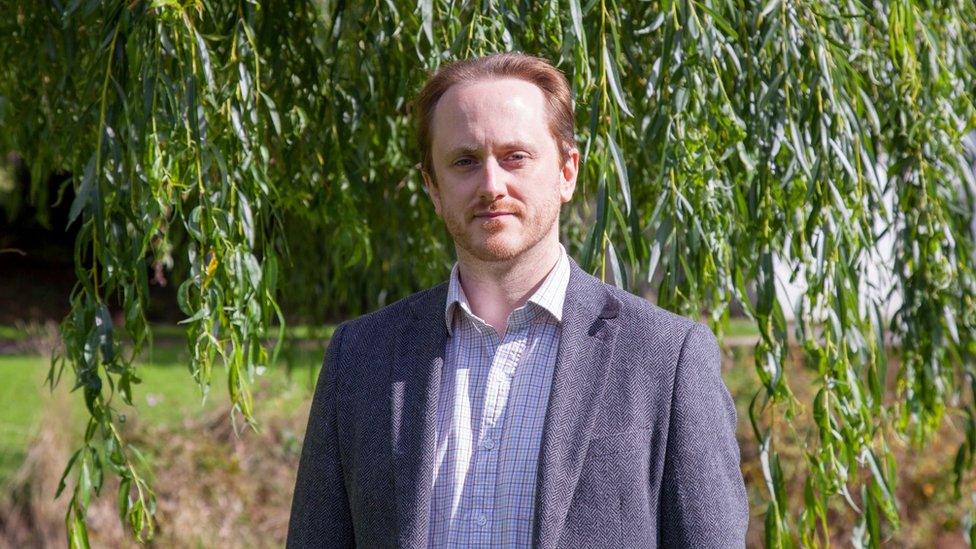
Ethics lecturer Tristan Nash says the behaviour is selfish rather than hypocritical
"It is akin to being grateful that someone is cleaning up the litter while you throw your rubbish on the ground," said Dr Tristan Nash, lecturer in philosophy at the University of Wales Trinity St David.
"It is being grateful that NHS workers are putting their lives at risk while taking actions that could serve to increase that risk."
Unions representing NHS staff would not be drawn on the question of morality, but called on people to support NHS staff by abiding by social-distancing rules.
The Unite union said it was "extremely concerned that non-compliance" with the rules "ultimately puts lives at risk".
The British Medical Association (BMA), which represents doctors in Wales, said while it was "heartening" to see the appreciation, "the best 'thank you' we can ask for" is that people follow Welsh Government guidelines, external on social distancing.
"It's disheartening to see people putting themselves at risk when doctors and other healthcare professionals are doing their utmost, day in, day out, to protect patients," said Dr David Bailey, chairman of the Welsh council of the BMA.
Cow bells, honking lorries and clanging pans joined the seventh weekly clap for key workers
The union which represents nurses said it supports the public wanting to say thank you to NHS staff "who are working around the clock saving lives during this pandemic".
But Helen Whyley, director of the Royal College of Nursing in Wales, called on people to follow social-distancing guidelines to protect the NHS.
- Published26 November 2020
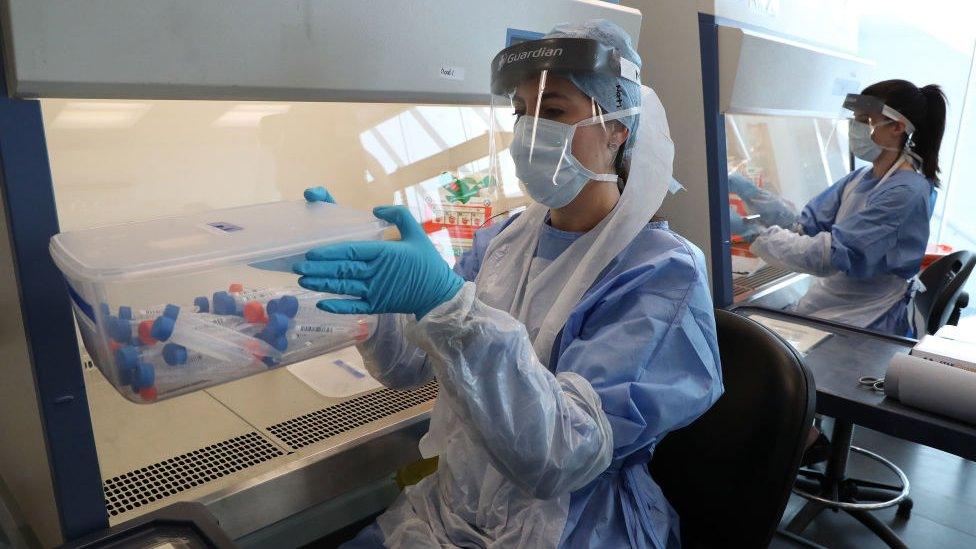
- Published13 May 2020
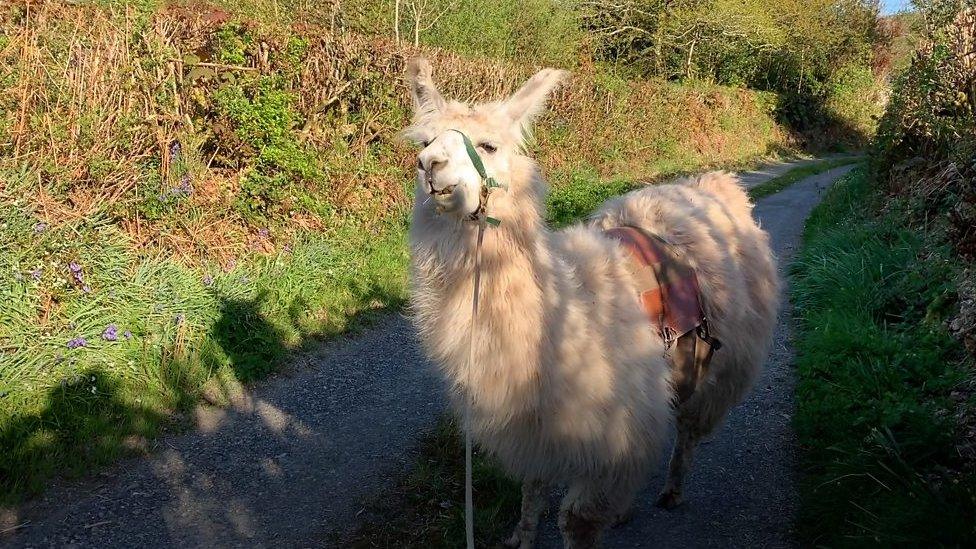
- Published11 May 2020
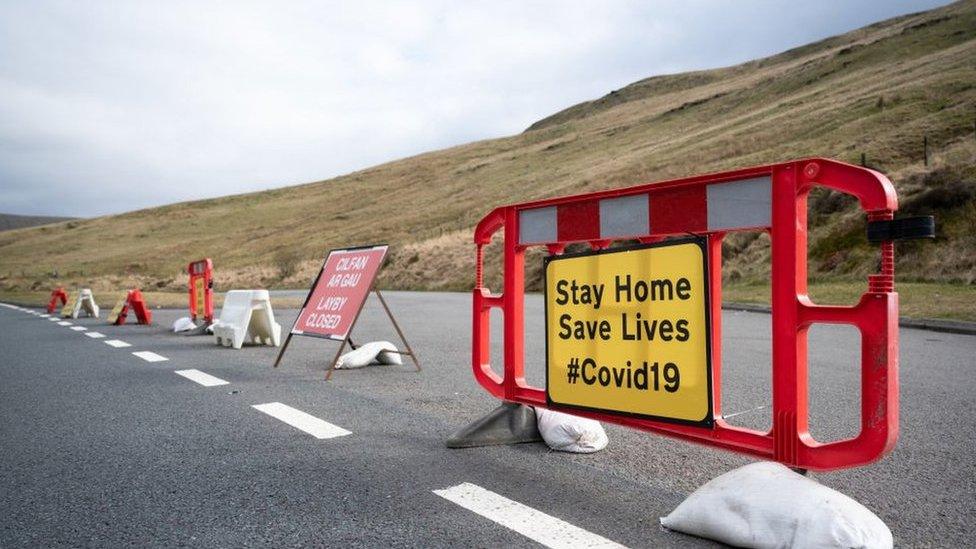
- Published8 May 2020
